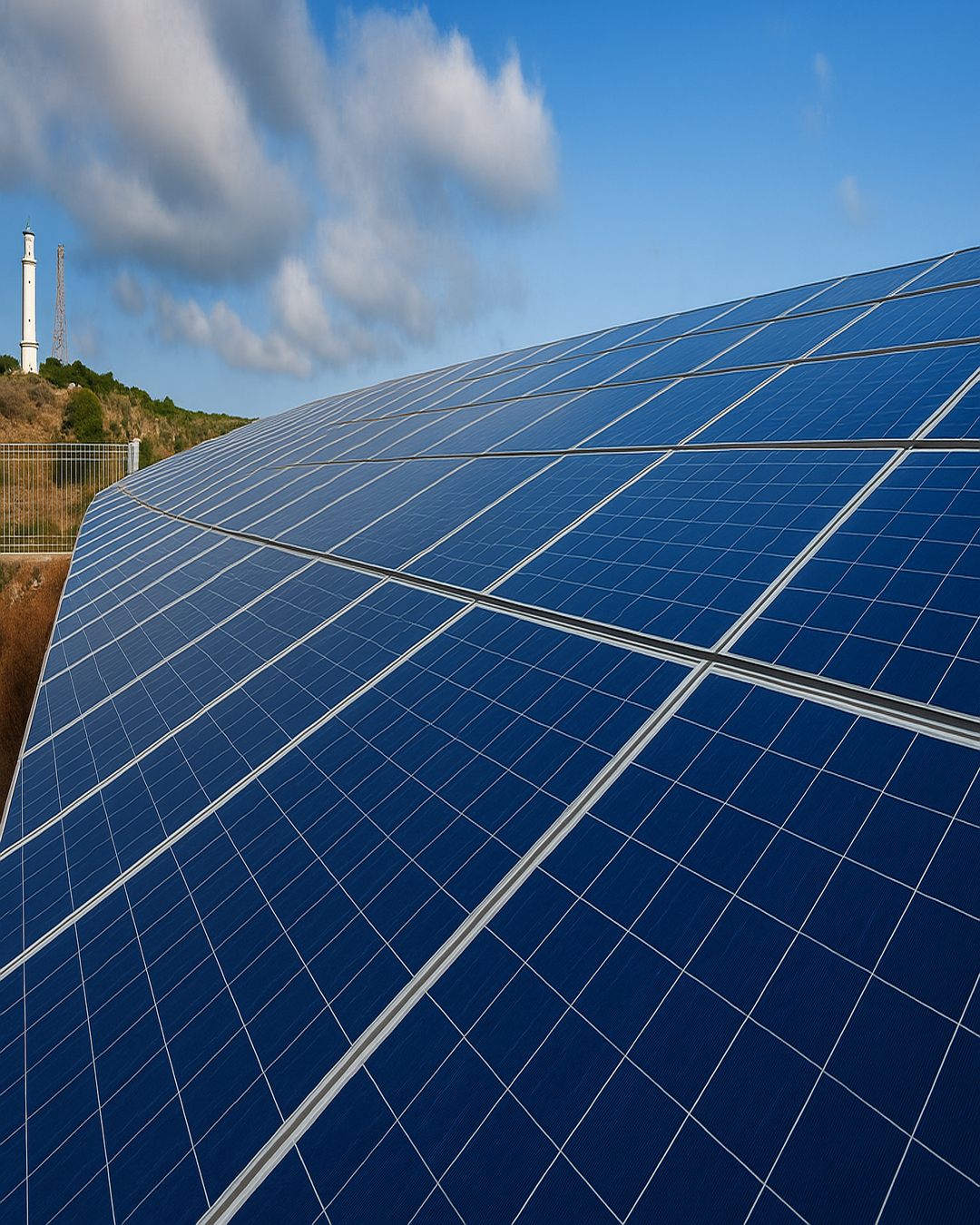IREDA Stocks Rise in Attention as the Lock-In Period Comes to an End
The Indian Renewable Energy Development Agency (IREDA), a key public sector player in green energy financing, has come into sharp investor focus as a crucial shareholder lock-in period officially ends. This development is drawing significant attention from the market, as over 53 crore shares, worth nearly ₹9,400 crore (approximately $1.1 billion), become eligible for trading on the open market starting June 2, 2025.
This unlock is a result of the six-month lock-in period post the company’s initial public offering (IPO) in November 2023, during which a segment of shareholders—primarily institutional and pre-IPO investors—were restricted from selling their holdings. The lifting of this restriction now enables a major portion of the company’s equity to be freely traded, opening the door to potential market moves.
The meaning of a Lock -In- period and it’s significance
Following an initial public offering (IPO), a lock-in period is a legally required period of time during which specific stakeholders—usually promoters, early investors, or insiders—are prohibited from selling their shares.
This provision is implemented to prevent massive sell-offs immediately after listing, thereby helping stabilize stock prices and encouraging investor confidence.
Since IREDA’s lock-in has ended, around 53.8 crore shares, or 20% of the company’s entire stock base, are now open to trade. This influx of supply may affect share prices depending on whether existing investors choose to offload their holdings or retain them.
How the Market Reacted
There was considerable anxious trading activity in IREDA’s stock as the lock-in expiry drew near. Although it has offered impressive returns since its IPO—gaining more than 200% from its listing price—recent sessions have shown signs of volatility. Some traders feared potential profit booking by pre-IPO investors, while others saw the unlock as an opportunity to enter the stock at potentially discounted levels.
On the day the lock-in ended, the stock opened with heavy volumes, with analysts closely watching institutional activity. Many market watchers expected a correction due to increased supply pressure, although long-term fundamentals remained strong.
Strong Financial Performance Bolsters Confidence
Despite near-term uncertainties around share movement, IREDA’s financial performance continues to support positive investor sentiment. For the fourth quarter of FY2024-25, the company posted a net profit of ₹501.5 crore—a solid 49% year-on-year increase. At ₹1,905 crore, operational income represented a strong 37% yearly increase.
These results underscore IREDA’s effective lending model, especially in renewable infrastructure, which continues to receive government policy support and private sector interest. The company’s net interest income also witnessed significant growth, improving over 50% on an annual basis.
This stellar performance has helped sustain institutional interest in the stock, which could offset some of the selling pressure expected post-lock-in expiry.
Background: IREDA and Its Business Model
Established in 1987, IREDA is a Mini Ratna (Category I) enterprise under the Ministry of New and Renewable Energy (MNRE). It provides financing for renewable energy and energy efficiency projects in India. With the government pushing towards its ambitious renewable energy goals—targeting 500 GW of non-fossil capacity by 2030—IREDA plays a central role in funding green transitions.
Its portfolio includes financing for solar parks, wind projects, biomass initiatives, and energy conservation systems. In recent years, it has also begun exploring green bonds and foreign collaborations to expand its funding reach.
What Lies Ahead: Investor Strategy Post Unlock
For investors, the expiry of the lock-in period raises several strategic considerations. The key question remains whether large shareholders, particularly institutions or government-linked entities, will choose to liquidate their positions or hold on for long-term value appreciation.
Analysts advise retail investors to avoid knee-jerk reactions. Instead, they should track shareholding pattern changes over the next few quarters, monitor block deals, and assess management commentary. If supply from the unlocked shares is absorbed without major price corrections, it may validate strong institutional confidence in the company.
Long-term investors can consider any dip in stock price as a potential accumulation opportunity, provided they believe in India’s renewable energy growth story and IREDA’s central role in it.
Wider Market Trends and IPO Lock-In Events
IREDA is not alone. A number of Indian companies that went public are nearing the conclusion of their lock-in periods in the upcoming weeks. This could flood the market with fresh supply across sectors including fintech, chemicals, and logistics. Hence, market liquidity, sectoral fundamentals, and demand for equity will be crucial in determining the overall impact.
However, IREDA is in a unique position due to its size, profitability, and contribution to the government’s energy objective. Most experts agree that while volatility may persist in the short term, the company’s long-term value proposition remains intact.
Conclusion
An important turning point in IREDA’s post-IPO path is the expiration of its shareholder lock-in term. While it introduces potential for short-term price fluctuations due to an increase in tradable shares, the company’s strong fundamentals and government-aligned mission offer long-term promise. Investors would do well to separate short-term volatility from structural strength and track how the market digests this $1 billion equity unlock over the coming weeks.
The image added is for representation purposes only





LEAVE A COMMENT
You must be logged in to post a comment.